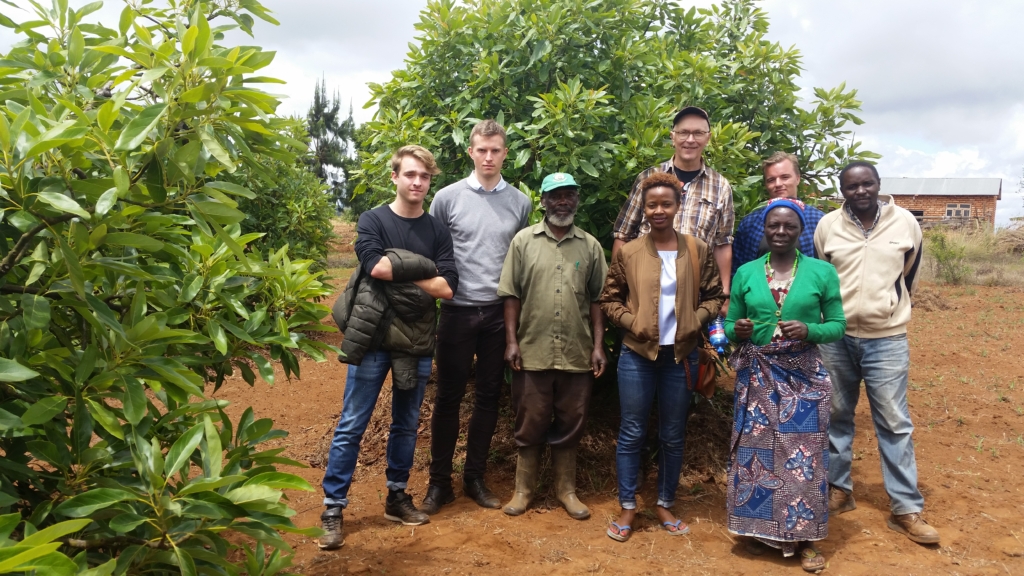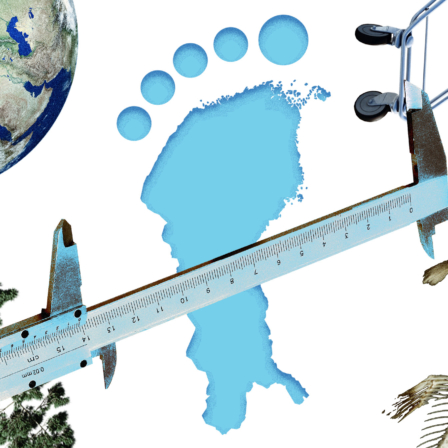Perunamestarit Oy CEO Eero Pisilä saw an opportunity in the highlands of Tanzania. The Tanzanians have plenty of avocados but no money. Europeans, on the other hand, have a taste for avocados, and plenty of money to pay for the delicacies. In addition, the avocado crop in Tanzania ripens at a different time than in Mexico and Spain, where most of Europe’s avocados come from, which could be an advantage in the European market.
Pisilä had ended up in Tanzania in connection with a development co-operation project to develop the production of seed potatoes. There was a need to develop the potato market. He continues to do that as well, but avocados entered the picture almost by accident.
The seed potato project ended when Finland reduced its development co-operation funding, but Pisilä stayed behind. The Finnpartnership programme, funded by the Finnish Ministry for Foreign Affairs, helped get him over the initial threshold. Pisilä started collaboration with local producers, and with the help of the Dutch certification company Control Union, they obtained an organic certification after many assessments. It was the first organic produce label for avocados in Tanzania.
“Most fruit production there is organic, even without any certifications. But this way we got added value for the products and we managed to pay the farmers a better price,” Pisilä says.
A trial batch has been delivered to store chains in The Netherlands, Belgium and Germany. One wholesaler told Pisilä that whatever he manages to get produced will be bought.
“In terms of consumer prices, Europe has an avocado market worth two and a half billion euros, with a growth curve of more than ten per cent,” Pisilä says.
“Forget projects, think about cash flow”
So far, the farmers have organised themselves into groups led by a “leading farmer”.
“However, it is not out of the question that they might organise themselves into co-operatives, because then they would be worthy of credit,” says Pisilä.
Entering the European market is not all that easy. Many different kinds of certificates and training are required, on cleanliness, farming methods and social responsibility.
“Sometimes it feels as if the certificates are more important than the products themselves,” Pisilä laughs. “We have to get over that threshold, and only then will we start looking at the quality of the product, the reliability of supply and other things.”
With avocados, Pisilä ran into a certain “project mentality”, which was familiar to him from the potato side and something he wasn’t keen on. People asked how much Pisilä was ready to invest in a project like this, to which he always answered: forget the projects and start thinking about processes. People should forget about seeking investments and instead think about how to achieve a positive cash flow.
“All investments should also be aimed at reaching a positive cash flow in a certain time frame, bringing the country capital that slowly accumulates in places other than the skyscrapers of the capital city area.”
At least with respect to avocados it is now quite apparent that Pisilä has managed to crack open the door to Europe for Tanzanian farmers. And it is through that door that the cash could start flowing.

















Recommended
Have some more.